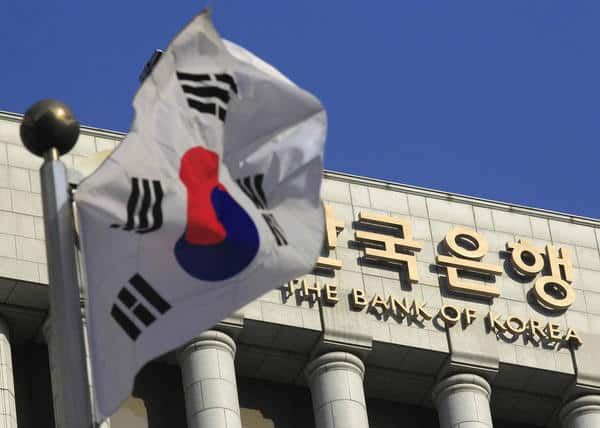South Korea’s Financial Services Commission (FSC) has unveiled stringent new rules aimed at regulating the country’s cryptocurrency exchanges. These measures, announced alongside updated banking policies, are expected to impact around 60 unauthorized crypto exchanges. The FSC’s directives mandate stronger transaction monitoring, real-name account verification, and heightened scrutiny of crypto clients. With a September 24 deadline looming, exchanges must comply to avoid closure, signaling a pivotal moment for South Korea’s crypto landscape.
New Rules for Cryptocurrency Exchanges
High-Risk Client Classification
The FSC’s new policy requires banks to classify cryptocurrency clients as high risk. This classification entails:
- Stricter monitoring of transactions.
- Enhanced due diligence on crypto-related accounts.
Strengthened ID Verification
Exchanges must implement robust user ID verification processes to:
- Prevent the use of borrowed or fake accounts.
- Ensure compliance with anti-money laundering (AML) regulations.
Focus on Smaller Crypto Exchanges
Four Major Exchanges Lead Compliance
Only four of South Korea’s largest cryptocurrency exchanges have established real-name account systems approved by banks. These exchanges are ahead in complying with the new rules.
Challenges for Smaller Platforms
Approximately 60 smaller exchanges now face:
- A deadline to register and obtain licenses by September 24.
- Risk of shutdown if they fail to comply with the FSC’s requirements.
The FSC justifies these measures, citing consumer demand for asset protection at smaller exchanges.
Key Deadlines and Processes
License Submission Deadline
Exchanges must submit their license applications by September 24, 2023.
Three-Month Review Period
After submission, the Financial Intelligence Unit (FIU) will examine the applications over a period of three months, focusing on:
- AML compliance.
- Transparency in account handling.
Banking Policies Under the New Guidelines
Banks’ Role in Compliance
Banks are now required to:
- Monitor suspicious activities, such as large fund transfers to unknown accounts.
- Refuse services to clients who fail to meet ID verification standards.
Accountability for Real-Name Accounts
Banks must take responsibility for issuing real-name accounts for crypto exchanges, ensuring full compliance with the FSC’s directives.
Implications for the Crypto Industry
Increased Oversight
The FSC’s guidelines aim to tighten oversight of cryptocurrency exchanges, reducing risks such as money laundering and fraud.
Potential Impact on Smaller Exchanges
Many smaller exchanges may struggle to meet the new requirements, potentially leading to a wave of closures.
Consumer Protection
The FSC’s measures are designed to protect consumer assets and build trust in the cryptocurrency sector.
FAQs
What are South Korea’s new cryptocurrency rules?
The rules mandate stricter monitoring of transactions, ID verification, and compliance with AML standards for cryptocurrency exchanges.
When is the compliance deadline for crypto exchanges?
Exchanges must comply with the new regulations and submit license applications by September 24, 2023.
What role do banks play under the new guidelines?
Banks must classify crypto clients as high risk, monitor transactions for suspicious activities, and issue real-name accounts for exchanges.
How many crypto exchanges are affected by the rules?
Around 60 unauthorized cryptocurrency exchanges in South Korea will need to comply or face closure.
Why are real-name accounts important for compliance?
Real-name accounts help prevent fraud, money laundering, and the use of borrowed or fake accounts on crypto platforms.
What will happen to exchanges that fail to comply?
Exchanges unable to meet the requirements risk being shut down after the September 24 deadline.
Conclusion
South Korea’s Financial Services Commission is taking bold steps to regulate the cryptocurrency market, aiming to ensure compliance, reduce fraud, and protect consumers. While the new rules present challenges for smaller exchanges, they also pave the way for a more secure and transparent crypto ecosystem. With the September 24 deadline approaching, the success of these measures will depend on the cooperation between exchanges, banks, and regulators.
To learn more about the innovative startups shaping the future of the crypto industry, explore our article on latest news, where we delve into the most promising ventures and their potential to disrupt traditional industries.
Disclaimer: The information provided is not trading advice, Bitcoinworld.co.in holds no liability for any investments made based on the information provided on this page. We strongly recommend independent research and/or consultation with a qualified professional before making any investment decisions.

